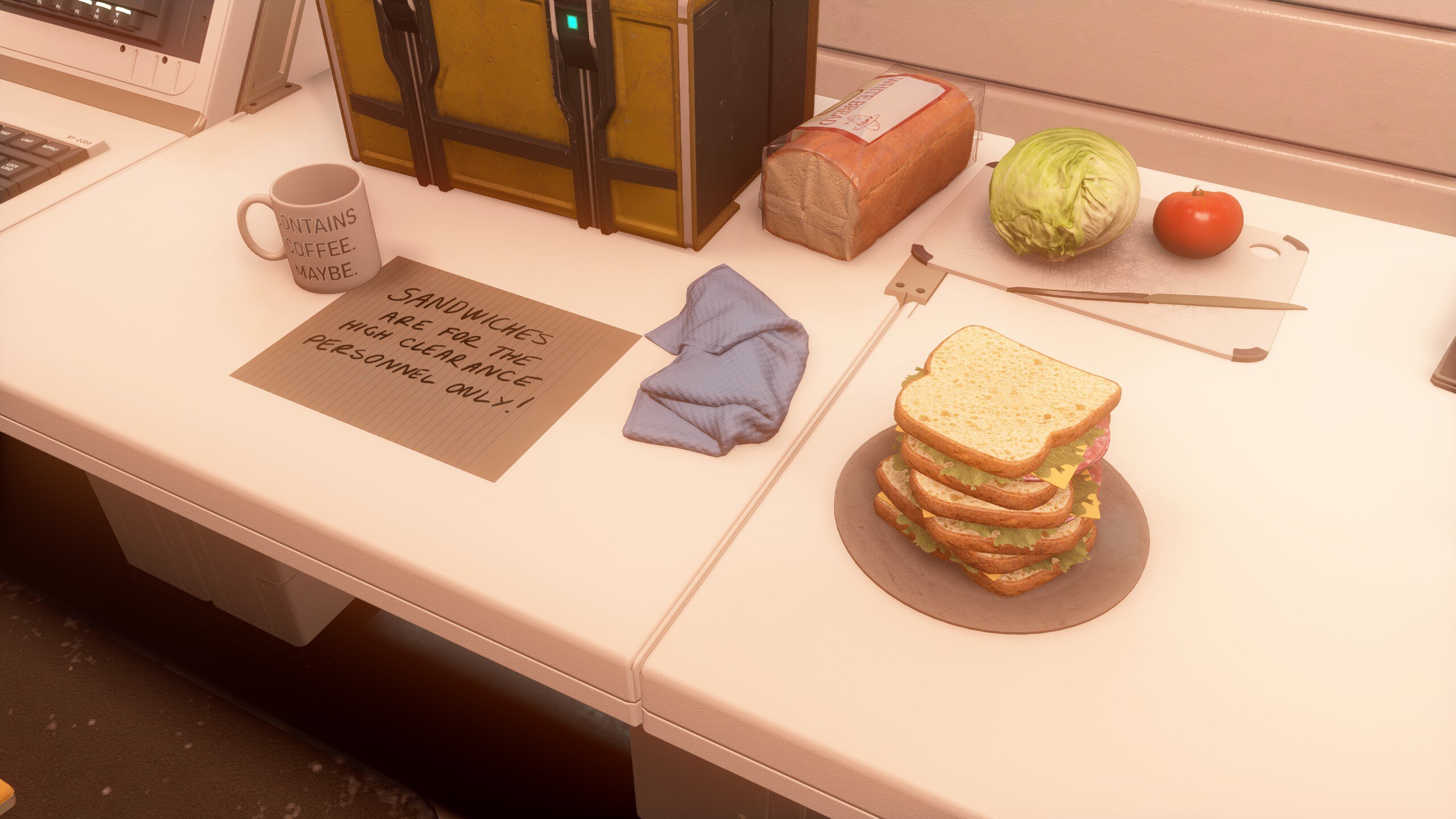The relationship between creatives and their audiences is always complex. More often than not, it's full of tension. Emil Pagliarulo, the design lead of Bethesda's much-criticized space epic, Starfield, recently went on X to voice his thoughts on this dynamic, particularly focusing on the criticism the game has received from the public. Pagliarulo's comments highlight the often misunderstood and underappreciated challenges of game development, while also revealing a growing disconnect between game developers and their audience.
Interestingly enough, Pagliarulo likened the understanding of game development by most critics to guessing what's the process of making a Hostess Twinkie without working in the factory. His analogy underscores the complexity and often unseen efforts that go into creating a video game. He acknowledges the right of consumers to voice their opinions in a game they bought, but also points out the lack of understanding about the intricacies of game development among harsh naysayers.
The Starfield lead emphasized that making games is a long, challenging, and arduous process, involving a multitude of decisions, constraints, and often, concessions. Pagliarulo's long-standing career in the industry has given him the sort of rare insight that escapes most people as he has first-hand experience into the myriad of struggles developers face – from managing shifting resources and looming deadlines to grappling with creative decisions. He stressed that the final product is a result of numerous compromises and tough choices, often dictated by external factors such as technology limitations and team dynamics.

